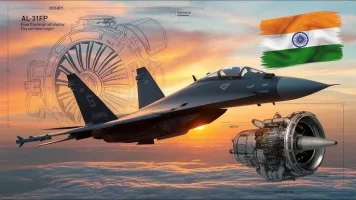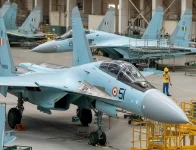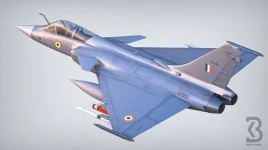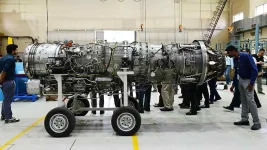- Views: 2K
- Replies: 21

The Indian Air Force (IAF) is exercising caution in considering American fighter jets like the F-21, F-15EX, and F/A-18 Super Hornet due to concerns over potential U.S. arms embargoes during future conflicts, particularly with Pakistan or China. This apprehension is deeply rooted in historical instances where the U.S. has leveraged its military supply chain for political influence.
Past experiences have shown how U.S. foreign policy can directly impact India's access to critical military equipment. During the 1971 Indo-Pakistani War, the U.S. imposed an arms embargo on both nations, hindering India's ability to replenish its arsenal.
The 1999 Kargil conflict further highlighted this vulnerability, as strict end-user agreements limited India's deployment of American-supplied systems. Moreover, the sanctions imposed after India's 1998 nuclear tests demonstrated the potential for U.S. political decisions to disrupt India's military readiness.
These historical precedents have instilled a sense of caution within the IAF. Unlike Russian or indigenously produced platforms, American fighter jets require a continuous supply of spares and software updates, often controlled by the U.S. government. In the event of a conflict with Pakistan or China, there is a legitimate concern that the U.S. could impose sanctions or suspend support, effectively grounding these aircraft at a crucial juncture.
This cautious approach reflects a broader strategic consideration for India, which seeks to maintain its autonomy in defence procurement and avoid over-reliance on any single supplier. While American fighter jets offer advanced capabilities, the IAF remains acutely aware of the potential risks associated with relying on a supplier with a history of using arms embargoes as a foreign policy tool.




